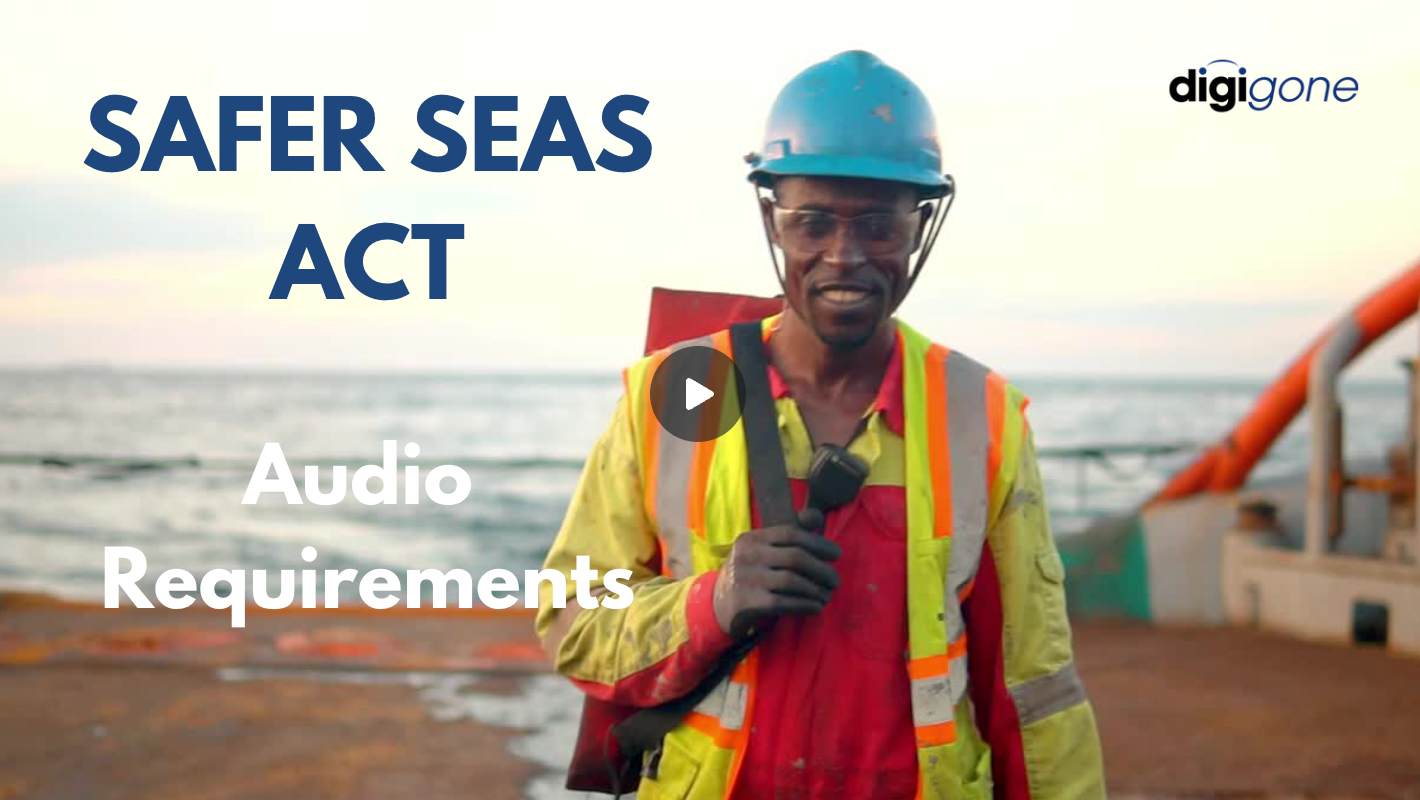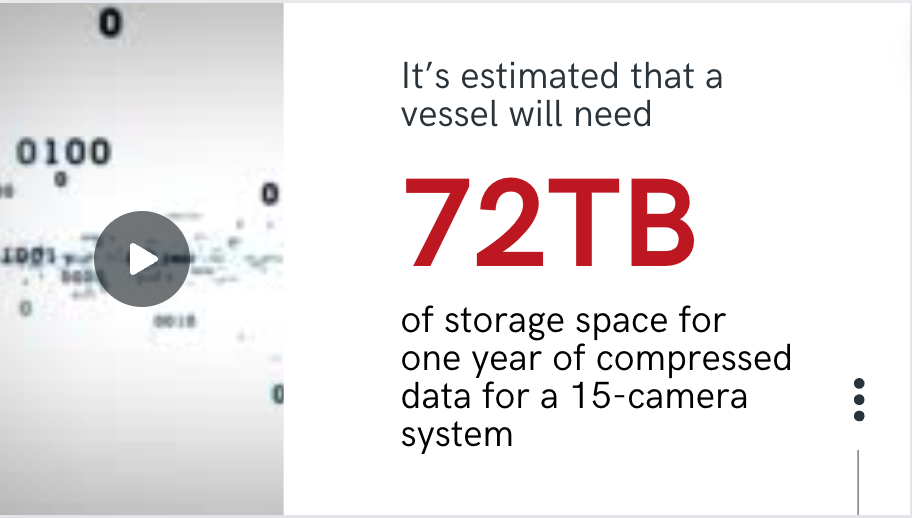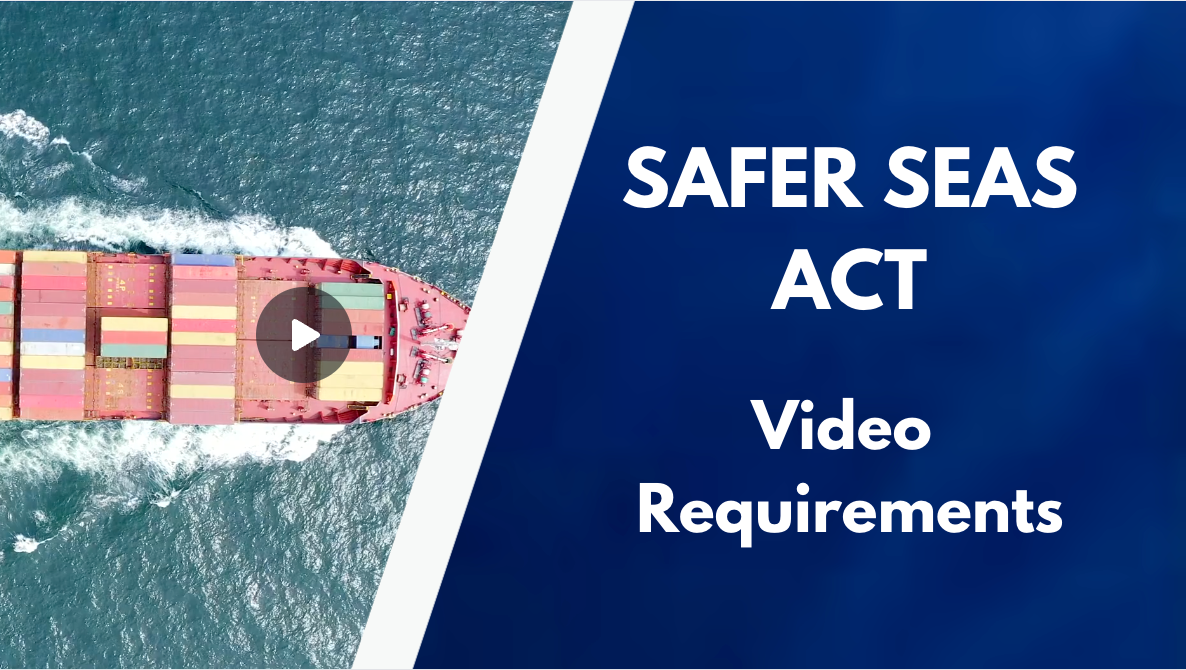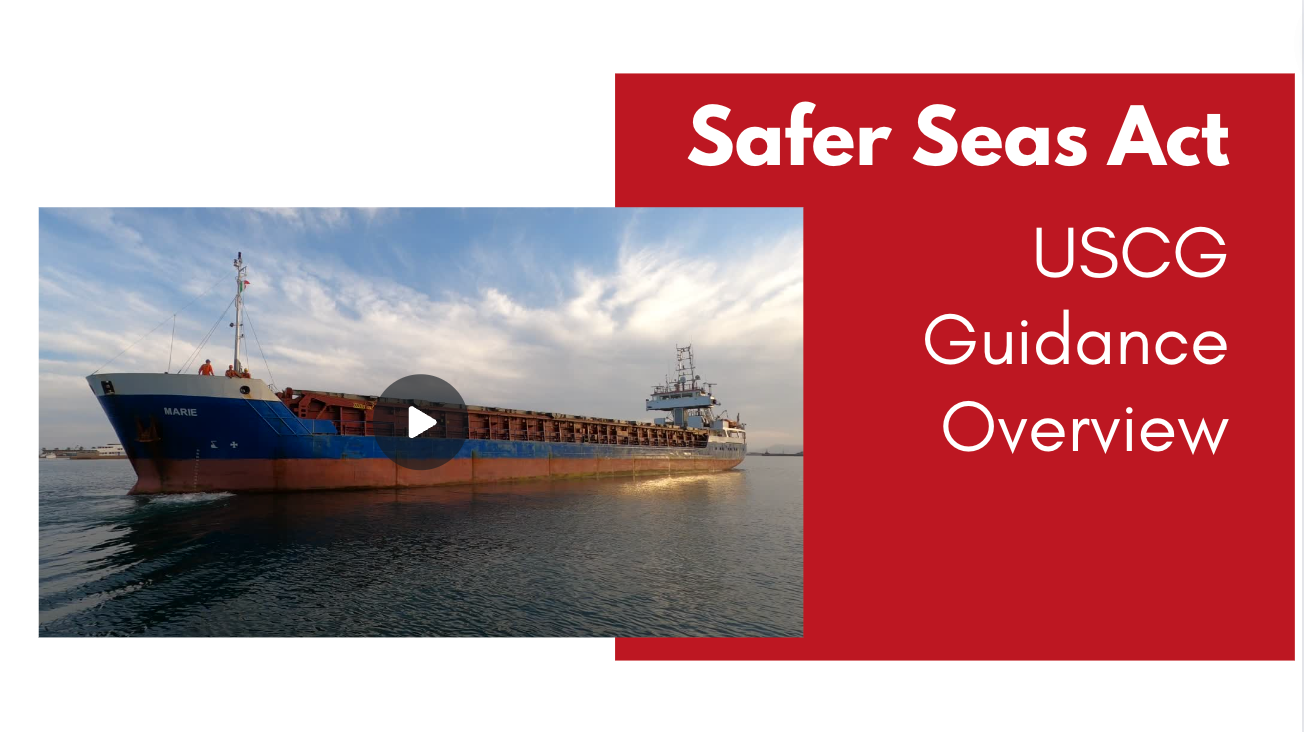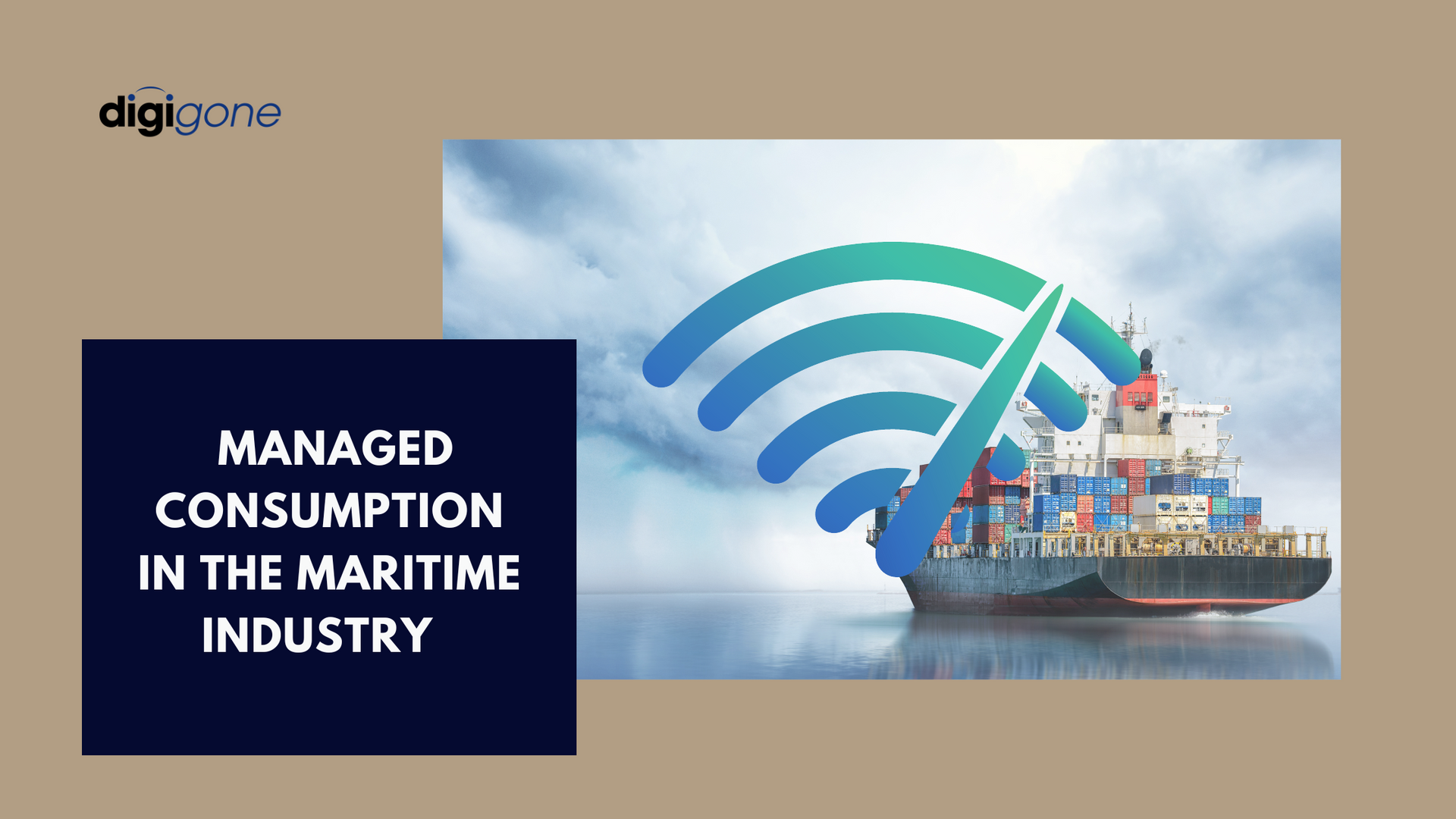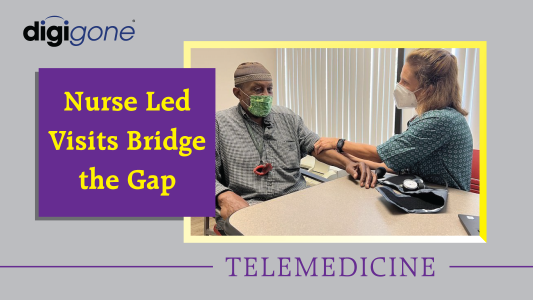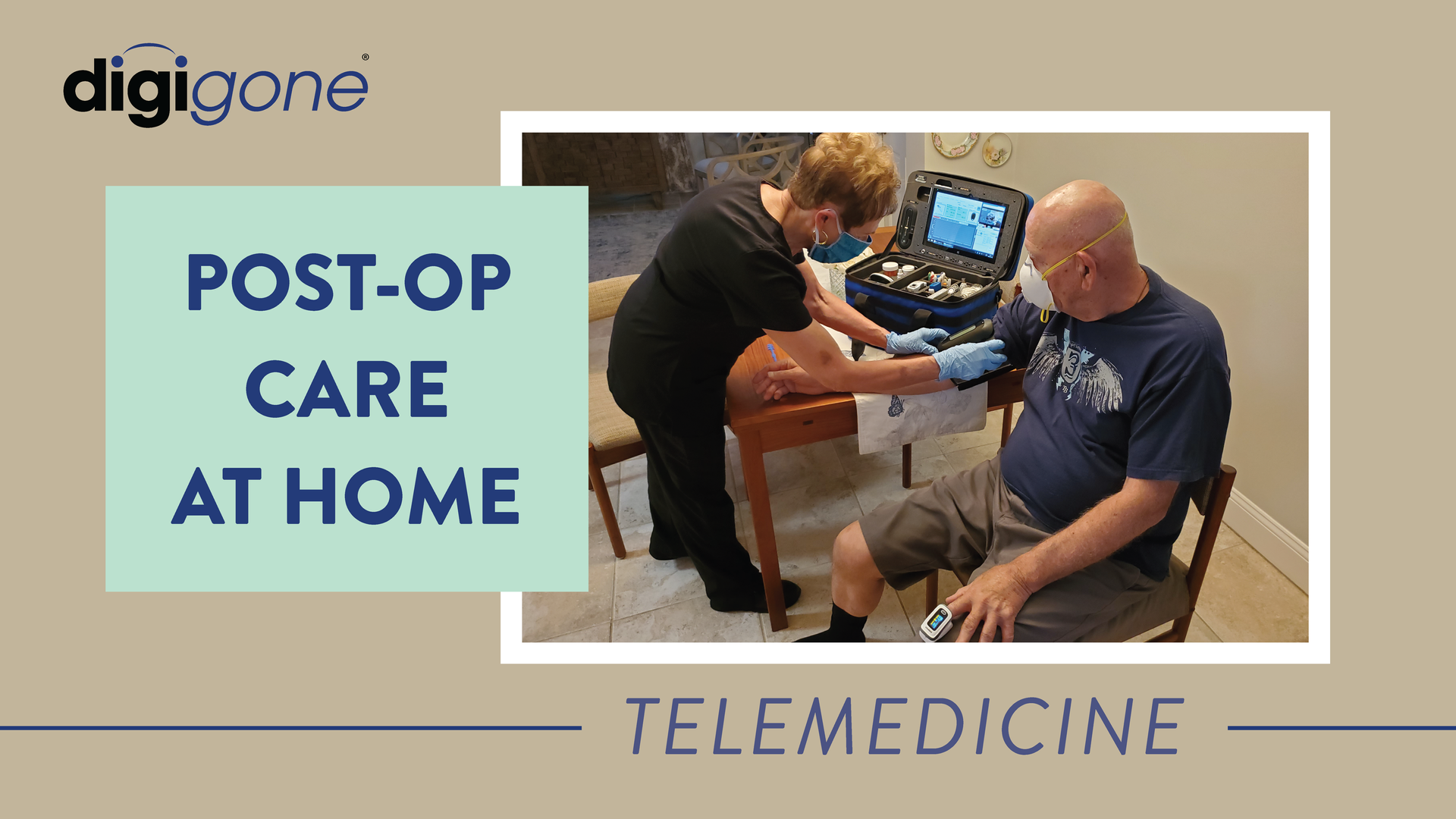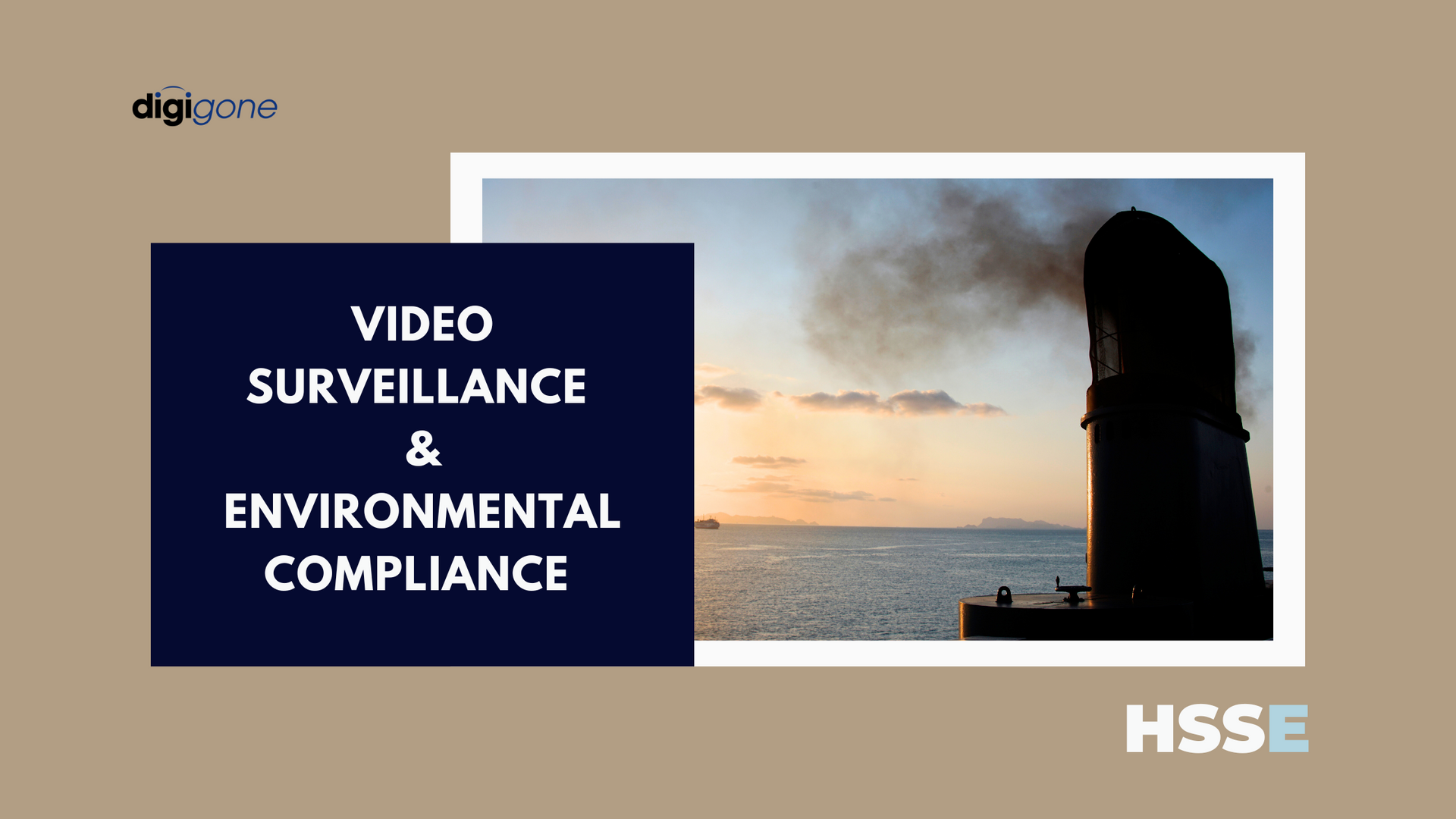Why Mental Health Care Access is Essential the Maritime Industry
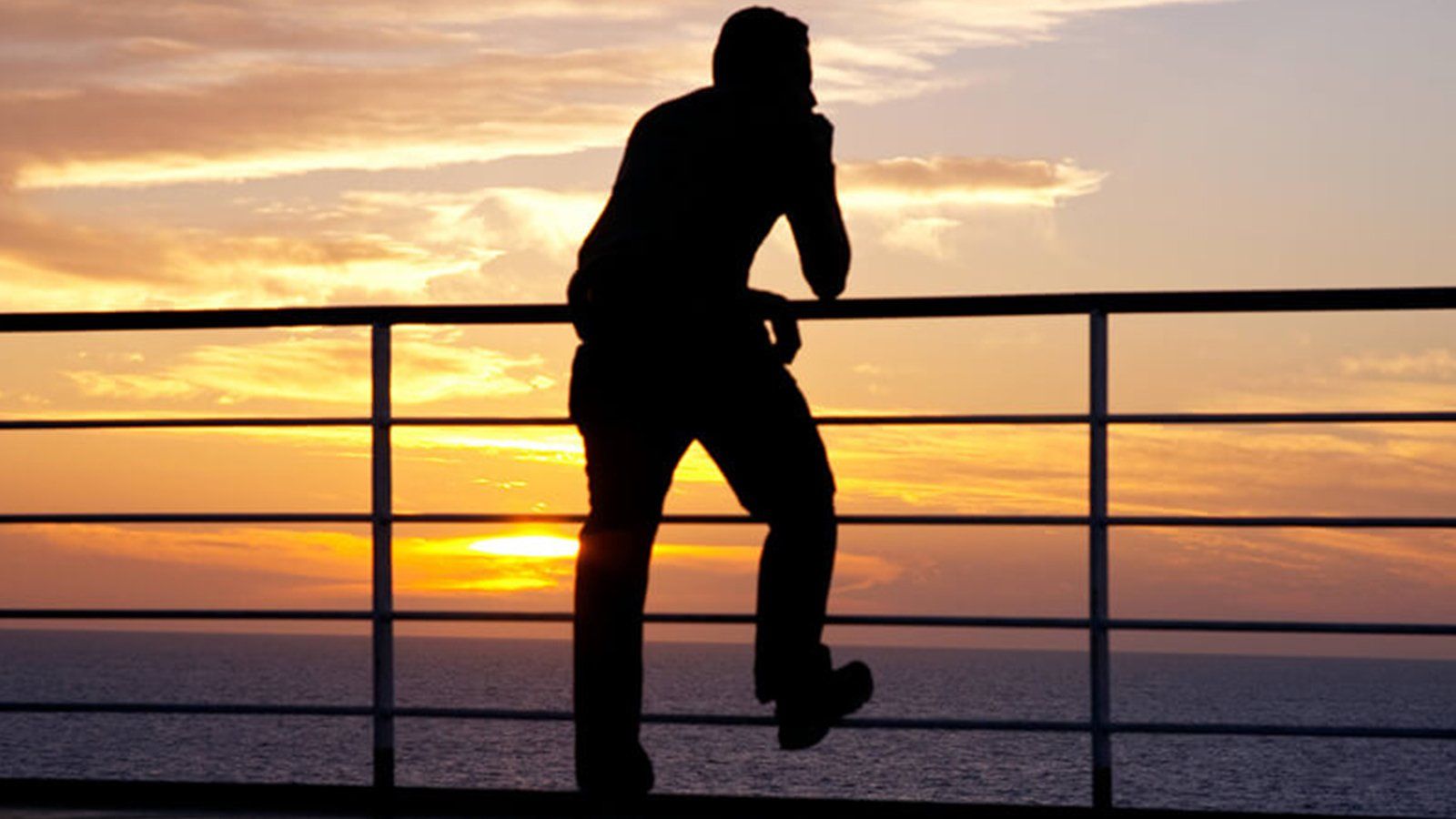
At any given time there are more than 1.5 million seafarers working in the maritime industry, which serves as the backbone of our global economy. By volume, 90% of global trade is
delivered by ship , including food, energy, raw materials and manufactured products.
But now with factories, ports and countries under various forms of lockdowns due to the COVID-19 pandemic, the shipping industry has almost come to a halt. Tens of thousands of crews are stranded on ships or in hotels in foreign countries.
It’s a hardship seafarers shouldn’t have to endure. They need to get home to their families. Captain Rajesh Unni, CEO and founder of leading Singapore-based ship manager Synergy Group recently referred to the marooned seafarer situation as a “time bomb.”
The Plight of Seafarers
On April 15, the International Chamber of Shipping pleaded with governments to consider the plight of seafarers, asking them to consider crews as essential personnel and allow them to conduct crew changes.
Additionally for those onboard, there’s the fear of actually getting infected with COVID-19. Large ships are known for being hotbeds of disease and virus. So, not only are they stressed about not being able to get home, they’re also worried about getting sick – potentially prolonging their isolation.
Yiannis Sgouras, captain of a Greek-owned supertanker recently told the Wall Street Journal that in his 40 years at sea he’d seen his fair share of scary situations, but now there is “panic.”
(No one has died of COVID-19 on a commercial ship, but there have been a few outbreaks.)
Triggers for Depression and Anxiety
Studies have confirmed that feelings of isolation or entrapment can lead to depression, anxiety and suicide; clearly something not to be taken lightly. Telemedicine has made it possible to have a virtual walk-in clinic at sea to take care of a myriad of medical situations, including contacting a physician via encrypted video conferencing 24/7.
And now more than ever, vessel owners need to encourage their captains and crews to explore mental health options available through telemedicine and the use of a telemedicine kit . Doing so is as easy as placing a call to your service and then anyone can quickly be connected to a medical professional, therapist or psychologist.
Mental Health Care via Telemedicine
The military has long used counseling services via telemedicine, connecting troops stationed in remote parts of the world to psychologists to ease anxiety and deal with post-traumatic stress issues.
A 2013 study concluded that “Telemedicine has been shown to be an effective, cost-efficient alternative to traditional psychiatric services that increases patient access to providers.”
And since the pandemic, doctors are honing their “screenside” skills to take care of patients they can’t see in person. This recent article on Patient Engagement Hit coaches doctors on strategies for establishing rapport and empathy with patients via telemedicine.
Ensuring Access to Mental Health Care Services
When we look at the importance of the maritime industry to our global economy and stack it up against the stress involved for the crews, there’s a sizable imbalance. Vessel owners are obligated to ensure their seafarers are taken care of both physically and mentally while on board. And with telemedicine there’s no excuse not to.
Prioritizing People over Profits
People will take note of which companies prioritize profits over health during this pandemic. And like it or not, with the simple tap of a button, social media will indeed document it. Keep in mind that the pandemic will likely linger around for a year or more. Seafarers will (and should) remember those who took care of them and who didn’t. Being isolated away from family, worried about their well-being, can leave a mark.
The Bottom Line
As part of your overall contingency plan for charting these unknown waters, make sure your telemedicine plan includes mental health services, a well stock medical chest, a charged telemedicine kit and that you crew and captains know how to access these important resources. .

